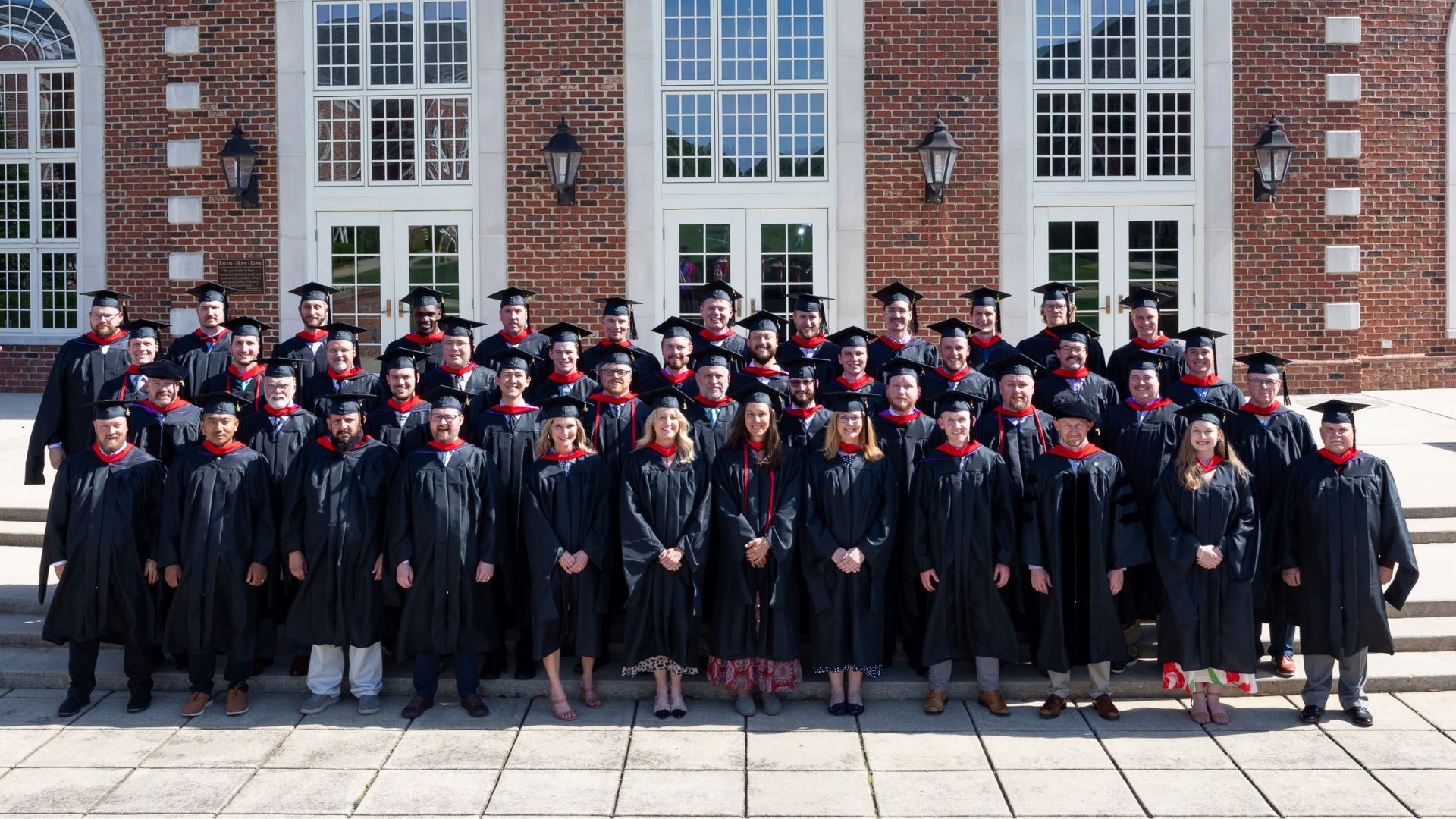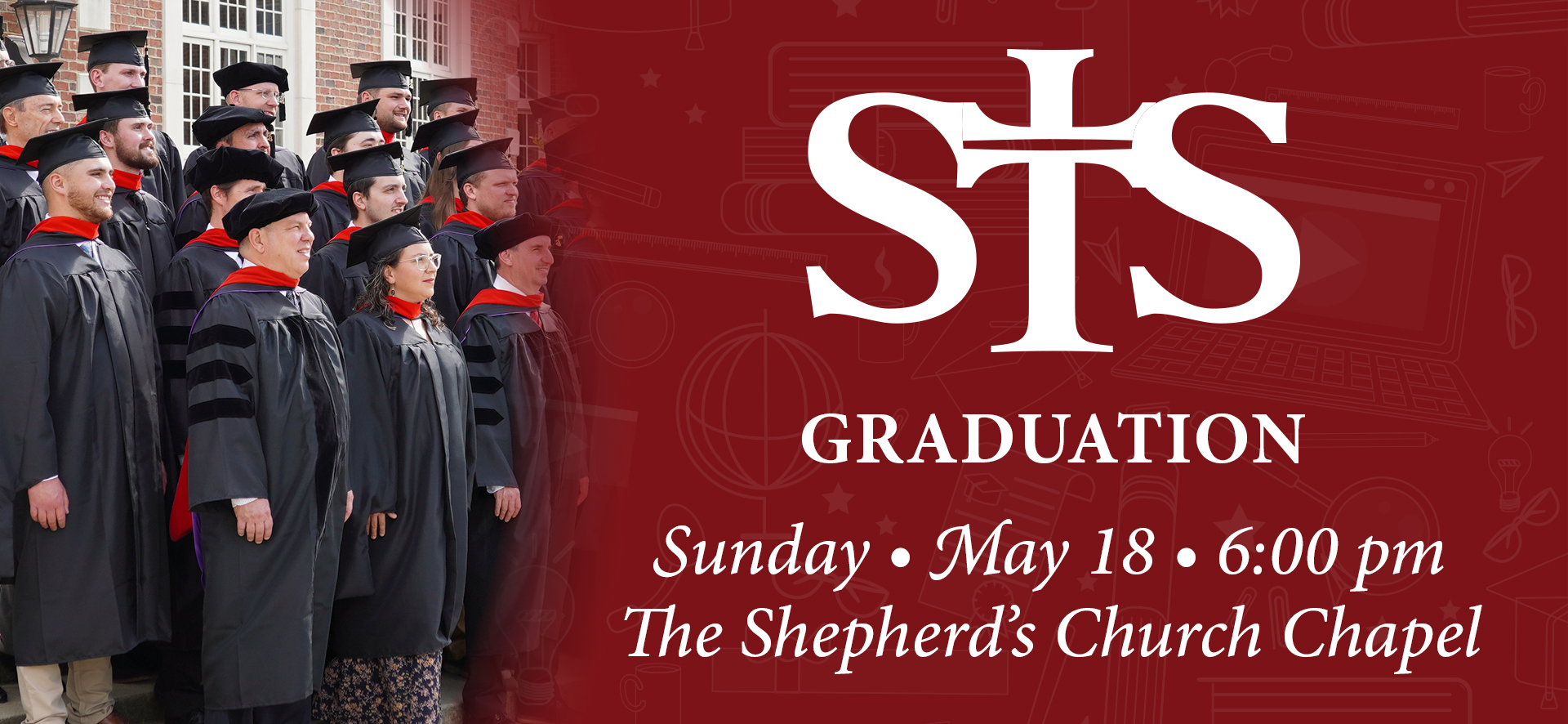If you were to provide a letter grade for how well the church is discipling believers, what letter grade would you give? Many individual churches are faithful, dedicated, and intentional in making disciples. However, the church collectively is not doing a good job at obeying the final command that Jesus gave His followers in Matthew 28:19–20, “Go, therefore, and make disciples of all the nations.” Whether you are a church leader, discipleship mentor, parent in the home, or a disciple in a church, discipleship is a mandate for our lives. It is not an option. Our world and our churches are in desperate need for disciples of Jesus Christ. The world needs to see men and women who will live differently and reveal a life dedicated to Jesus Christ.
Sadly, in American churches today, many people simply come to church to be a number, an unrecognizable name, a person in the pew that slips out after the service; they fail to make a lasting impact on other members of the church. They are more comfortable this way since they can remain anonymous and “check the box” as a Christian. Oftentimes, these individuals believe that a one-hour dose of church on Sunday is all they really need to grow. With this low level of commitment and exposure to God’s Word, their lives may be impacted slightly, but it is not the characteristic of a true disciple of Christ or a mature believer.
My pastor, Stephen Davey, shared an illustration of this mindset with the church’s new member’s class. He asked, “If you were allowed to only eat one meal a week, how healthy would you be?” During that meal you could eat anything that you wanted and whatever quantity that you wanted. You could have chicken, steak, vegetables, starches, desserts, etc. Whatever your heart’s desire is; you could eat that food. However, that’s the only meal you could eat for the whole week. How would you feel after four days or after six days? You would be anemic. You would feel terrible. You would be extremely hungry. You would be malnourished and unhealthy. Sadly, that is what many Christians allow themselves to experience on a regular basis. They are only exposed to the meat of God’s Word for one hour each week. That little exposure to God’s Word will leave a Christian anemic. A healthy believer must be in God’s Word far more than simply one hour per week.
It is imperative that the church provide discipleship opportunities for the growth of its members. Even though not all individuals will attend each of these ministries, the opportunities for spiritual growth must be provided by the church. In addition, people need to be challenged to become more engaged and involved within the body of Christ (1 Cor 12:12–31). Each member of the body is a critical component to the health and strength of the body as a whole. Without healthy members, the body suffers. Without mature believers, the church suffers as well.
Now it is important to note that the available ministries that a church can offer its members vary depending on size, location, personality, available staff, etc. However, I would argue that a church should provide as many of these opportunities as it can since this will only strengthen the growth and maturity of its members.
How do we get people more involved in the discipleship process? How do we push against the growing trend of inactivity among church goers? Churches must be intentional about the teaching and preaching of God’s Word! Churches must be intentional in their discipleship process.
Historically, being a Christian described one’s life (Acts 11:26). Followers of Jesus were first called “Christians” in the city of Antioch. Acts 11:26 says, “For an entire year they [Paul and Barnabas] met with the church and taught considerable numbers; and the disciples were first called Christians in Antioch.” They were called “Christians” because their speech, behavior, and lifestyle were like Christ.
John Polhill, in his commentary on Acts, describes the significance of this term “Christian.”
The term “Christian” was first applied to disciples in Antioch. This may be of more significance than might appear on first sight. The term only occurs in two other places in the New Testament (Acts 26:28; 1 Pet 4:16). In all three instances it is a term used by outsiders to designate Christians. Evidently the term was not originally used by Christians of themselves. They preferred terms like “believers, disciples, brothers.”[1]
In addition, F. F. Bruce describes the lifestyle that these early believers exemplified toward the outside world.
The church of Antioch from the outset had an ethos quite distinct from that of the Jerusalem church. The pagans of Antioch, too, knew all about these people, for they did not keep quiet about their faith, but proclaimed it wherever they went.… “Who are these people?” one Antiochene would ask another, as two or three unofficial missionaries gathered a knot of more or less interested hearers and disputants around them in one of the city colonnades. “Oh, these are the people who are always talking about Christos, the Christ-people, the Christians.” Just as, in Palestine, the adherents of the Herod dynasty were called Herodians, so, says Luke, in Antioch the adherents of Jesus the Christ first came to be popularly known as Christians.[2]
The Christian life was not simply a Sunday phenomenon to the early church. Christianity was not something that they simply practiced one day a week. Christianity—being a Christ follower (a disciple of Jesus)—was their life.
Sadly, many believers today do not live their lives as if Christianity is their lifestyle. I have often commented in my classes that most believers live their lives as if they were “practical atheists.” What do I mean by that phrase? Most Christians go through their lives without reading God’s Word on a regular basis and without a consistent prayer life. They will go through their day without consulting God, without talking to others about Him, without turning to Him with their concerns or asking Him for help with their life situations. They go through life as if they do not even need God. They are living like “practical atheists.” This should not be the case in the life of a disciple of Christ. As Christians (little Christs, or Christ followers), our lives should be distinctive. People should know that we are different than those who do not know the Savior. Teachers and mentors play an important part in establishing this mindset.
END NOTES
[1] John B. Polhill, Acts (NAC 26; Nashville, TN: Broadman & Holman, 1992), 273.
[2] F. F. Bruce, The Book of the Acts (rev. ed.; NICNT; Grand Rapids, MI: Eerdmans, 1988), 228.









